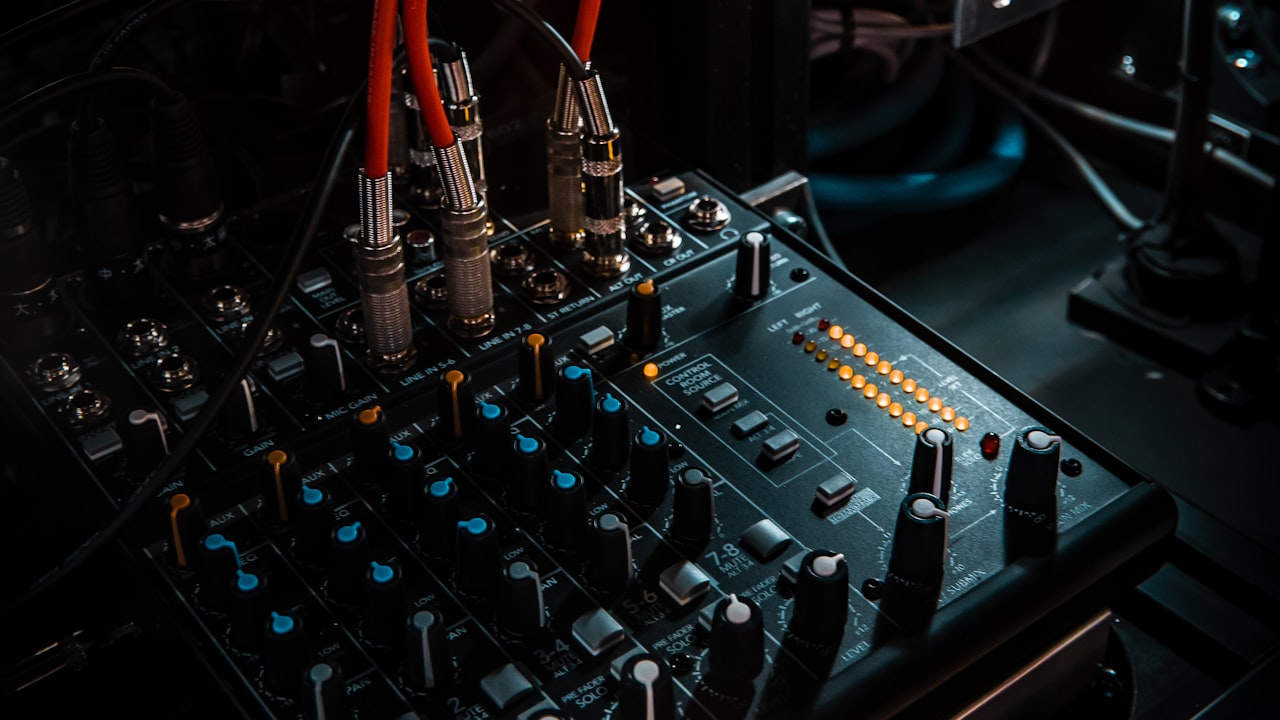Title: “Revolutionizing Pharmaceutical Production: The Role of Pharma Machines”
Pharmaceutical production has undergone a dynamic transformation with the advent of cutting-edge pharma machines. These sophisticated pieces of equipment play a vital role in the manufacturing process, ensuring precision, efficiency, and adherence to stringent quality standards. From the early days of manual labor to today’s advanced automated systems, pharma machines have significantly impacted the industry’s landscape.
The Evolution of Pharma Machines
Throughout history, pharmaceutical machinery has evolved from basic tools to complex, specialized equipment. The introduction of innovative technologies such as electric motors, computer control systems, and advanced materials has revolutionized drug manufacturing. Machines like tablet press machines and capsule filling machines have become indispensable in the production of medications, enabling pharmaceutical companies to meet the growing demand for various formulations.
Types of Pharma Machines
Tablet press machines, such as the TDP (Tablet Press) and THDP (High-Speed Tablet Press), are used to compress powders into tablets of uniform size and shape. These machines ensure precise dosing and consistent quality, essential for pharmaceutical products. On the other hand, capsule filling machines are designed to fill empty capsules with the desired medication, offering a convenient and efficient alternative to tablet formulation. The versatility and accuracy of these machines contribute to streamlining the drug manufacturing process.
Importance of Precision and Quality
Pharmaceutical machines are engineered to deliver precise and accurate results, minimizing variations in dosage and ensuring product uniformity. Quality control measures are integrated into the design and operation of these machines to meet regulatory requirements and maintain product integrity. The reliability and performance of pharma machines are crucial in producing safe and effective medications for patients worldwide.
Impact on Pharmaceutical Industry
The integration of advanced pharma machines has revolutionized the pharmaceutical industry by enhancing productivity and reducing production costs. With the ability to produce a wide range of drug formulations, from simple tablets to complex extended-release products, these machines have enabled pharmaceutical companies to meet market demand efficiently. Additionally, the speed and accuracy of modern pharma machines have accelerated the drug development process, leading to faster time-to-market for new medications.
Future Trends and Innovations
The future of pharmaceutical machinery is driven by technological advancements such as automation and artificial intelligence. Automation in pharma machines streamlines production processes, reduces human error, and enhances efficiency. Artificial intelligence is being utilized to optimize manufacturing operations, improve product quality, and predict maintenance needs. As the industry continues to embrace these innovations, the role of pharma machines will become increasingly crucial in shaping the future of drug manufacturing.
In conclusion, pharma machines have revolutionized pharmaceutical production by providing precision, efficiency, and quality control. From tablet press machines to capsule filling machines, these devices are instrumental in meeting the demands of the modern pharmaceutical industry. As technology continues to advance, the role of pharma machines will only become more vital in driving innovation and ensuring the delivery of safe and effective medications to patients worldwide.

 Title: Revolutionizing Pharmaceutical Production: The Role of Pharmaceutical Machinery
Title: Revolutionizing Pharmaceutical Production: The Role of Pharmaceutical Machinery Title: “The Evolution of Pharmaceutical Machinery: Advancements in Drug Manufacturing Technology”
Title: “The Evolution of Pharmaceutical Machinery: Advancements in Drug Manufacturing Technology” Title: The Impact of Pharmaceutical Machinery on Drug Development and Production
Title: The Impact of Pharmaceutical Machinery on Drug Development and Production Title: Revolutionizing Pharmaceutical Manufacturing: Exploring the Impact of Pharmaceutical Machinery on the Industry
Title: Revolutionizing Pharmaceutical Manufacturing: Exploring the Impact of Pharmaceutical Machinery on the Industry Title: “Revolutionizing Drug Manufacturing: The Role of Pharmaceutical Machinery”
Title: “Revolutionizing Drug Manufacturing: The Role of Pharmaceutical Machinery” Title: “Revolutionizing Pharmaceutical Production: The Role of Pharmaceutical Machinery”
Title: “Revolutionizing Pharmaceutical Production: The Role of Pharmaceutical Machinery”



